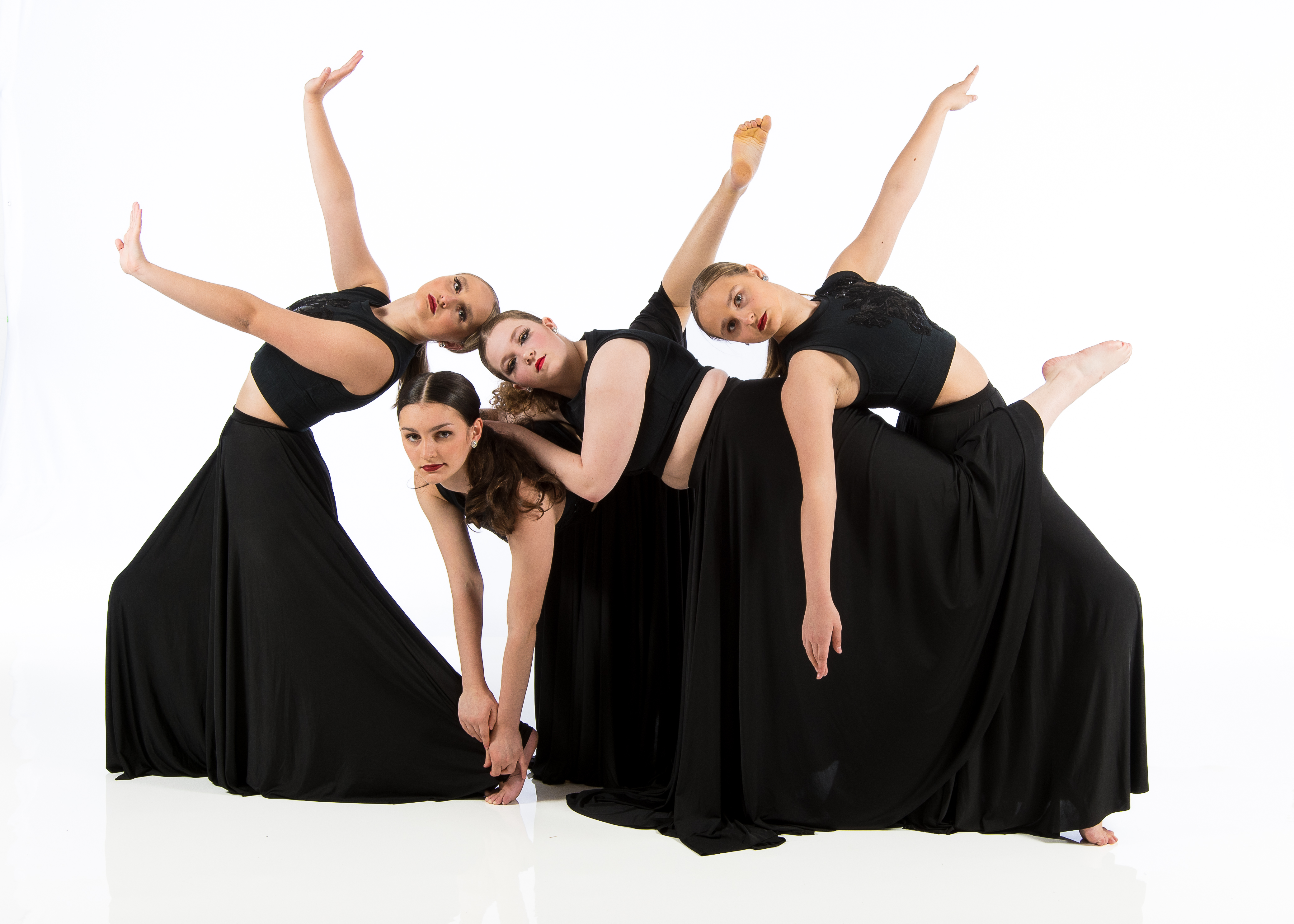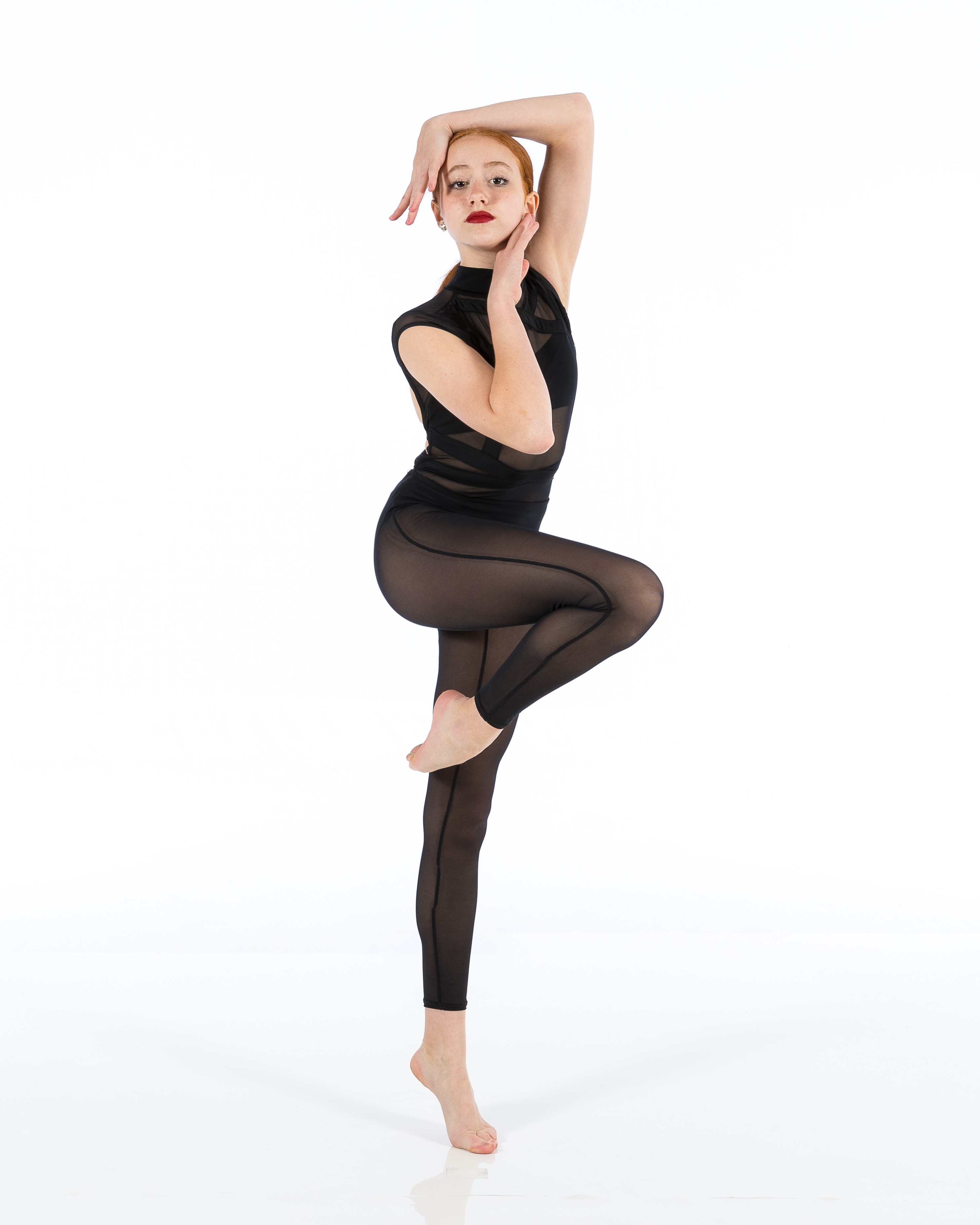Introduction
Stepping into a dance studio for the very first time is an exhilarating experience, one that can stir a cocktail of feelings-- exhilaration, anxiety, anticipation. Whether you're a skilled professional dancer or just starting your journey, comprehending the nuances of dance studio etiquette can elevate your experience and improve your partnerships with trainers and fellow dancers alike. In this extensive overview, we'll dive deep into Mastering Dance Studio Decorum: Vital Tips for Beginners and Pros Alike
From fundamental policies to sophisticated considerations, this article will cover everything you require to find out about browsing the dynamic globe of dancing studios. So tighten up those shoelaces and let's obtain started!
The Significance of Dance Studio Etiquette
Why Rules Issues in Dance Studios?
In any kind of imaginative atmosphere, decorum plays an essential duty in preserving harmony and regard amongst individuals. Dancing studios are no exception. Great etiquette fosters a favorable ambience Click here! where creative thinking can flourish.
- Respect: Being thoughtful in the direction of instructors and fellow dancers builds mutual respect. Focus: Etiquette lessens distractions, allowing everybody to concentrate on learning. Community: Etiquette helps create an encouraging area that encourages development and camaraderie.
Common False impressions About Dance Studio Etiquette
Many newbies hold false impressions regarding what makes up ideal habits in dance studios. Allow's unmask some myths:
- Myth 1: "Only sophisticated professional dancers require to adhere to decorum." Fact: Rules is crucial for all degrees; it shows professionalism. Myth 2: "Instructors are as well stringent about guidelines." Fact: Trainers implement policies to keep order and respect.
Basic Dance Studio Decorum for Beginners
Dress Code: What to Wear?
First perceptions matter! The right clothing not only shows your commitment yet likewise boosts your efficiency. Right here's exactly how to clothe appropriately:
- Comfort: Select garments that allow cost-free movement. Footwear: Purchase good-quality shoes fit to your dance style.
|Dancing Style|Advised Clothing|| -------------|-------------------------|| Ballet|Leotard, tights, ballet sandals|| Hip-Hop|Loose-fitting clothes, tennis shoes|| Tap|Comfy clothes, tap footwear|
Arriving on schedule: Preparation is Key!
Being late can disrupt the whole course. Purpose to get to least 10 mins early to:
- Warm up. Settle in mentally.
Tip: If you're running late as a result of unanticipated circumstances, notify the instructor beforehand.
Quiet Area: Keeping Silence Prior To Class
Dance workshops grow on emphasis. Maintain discussions to a minimum before course starts to ensure every person can prepare mentally.
Intermediate Dance Studio Etiquette: Structure Relationships
Respecting Personal Area in Class
Every dancer deserves their room throughout practice sessions. Prevent crowding others while exercising steps or routines.
Why It Matters: Valuing personal space advertises convenience and facilitates far better discovering experiences.
Listening Proactively Throughout Instructions
When an instructor is speaking, it's important to focus. Energetic paying attention shows regard and assists you understand crucial concepts.
How To Show Energetic Listening:
Maintain eye call with the instructor. Nod when appropriate. Ask clarifying concerns if needed.Advanced Dance Studio Rules: Boosting Your Experience
Providing Positive Comments Wisely
As you grow more seasoned, sharing responses enters into the culture. Nonetheless, technique this naturally:
Focus on specific movements as opposed to general critique. Offer suggestions only if gotten by peers.Encouraging Others: Structure Community Spirit
Support your fellow professional dancers via support:
- Compliment their efforts genuinely. Celebrate their achievements openly.
Mastering Dance Studio Etiquette: Vital Tips for Beginners and Pros Alike-- The Instructors' Perspective
Understanding Teacher Expectations
Instructors usually have specific expectations regarding habits in class. Familiarizing on your own with these can greatly improve your discovering experience:
Listen diligently when they speak. Follow instructions precisely. Give your best effort throughout every session.Building Relationship with Your Instructor
Establishing a great connection with trainers can be useful for your development as a dancer:
- Ask inquiries associated with choreography or technique after class. Thank them for their guidance post-class; recognition goes a lengthy way!
Handling Dispute Gracefully in the Dance Studio Environment
Dealing with Disagreements Among Peers
Conflicts may emerge within any kind of group setting; knowing just how to manage them gracefully is essential:
Approach the person privately without rising tension. Use "I" declarations instead of "you" declarations (e.g., "I felt ignored when ...").Addressing Issues with Instructors Professionally
If you have issues concerning guideline or classroom characteristics:
Request a personal meeting after course hours. Express your sensations constructively focusing on options rather than complaints.The Role of Non-Verbal Interaction in Dance Studios
Understanding Body movement Signals
Dance naturally involves non-verbal interaction; understanding exactly how body language functions in this context is necessary:
Positive body movement (e.g., open pose) fosters connection. Negative signals (gone across arms) could share defensiveness or disengagement.Using Eye Call Properly Throughout Classes
Maintaining eye call with instructors communicates attentiveness while also aiding build rapport among peers during group performances!

FAQs
Q1: What must I wear for my initial dance class?
A1: Select comfortable clothes that enables free movement-- yoga exercise pants or tights paired with an equipped top jobs well!

Q2: Is it alright to miss classes occasionally?
A2: Life occurs! Educate your instructor beforehand preferably; they'll value your consideration.
Q3: Just how do I handle sensation reluctant around other dancers?
A3: Begin small-- introduce on your own individually before broadening interactions progressively as knowledge grows!
Q4: Can I bring buddies along to observe classes?
A4: The majority of studios like prior setups; talk to monitoring first so they recognize extra attendees!
Q5: What if I differ with an instructor's feedback?
A5: Approach them pleasantly post-class; reveal sensations making use of "I" declarations focusing on useful dialogue as opposed to confrontation!
Q6: Should I join efficiencies also if I'm new?
A6: Absolutely! Participating increases confidence-- speak out pertaining to any kind of doubts so lodgings can be made accordingly!
Conclusion
Mastering dance studio etiquette isn't almost complying with regulations; it has to do with growing an enriching setting where everyone really feels valued and motivated-- whether you're just beginning or refining advanced strategies as an experienced pro! By sticking closely to these vital tips described below under Mastering Dance Studio Etiquette: Necessary Tips for Beginners and Pros Alike, not only will you improve your very own experience yet also add positively in the direction of nurturing a welcoming area within each dance studio you grace with your presence! So take these insights forward right into every workshop room you go into-- and allow the rhythm lug you toward excellence!